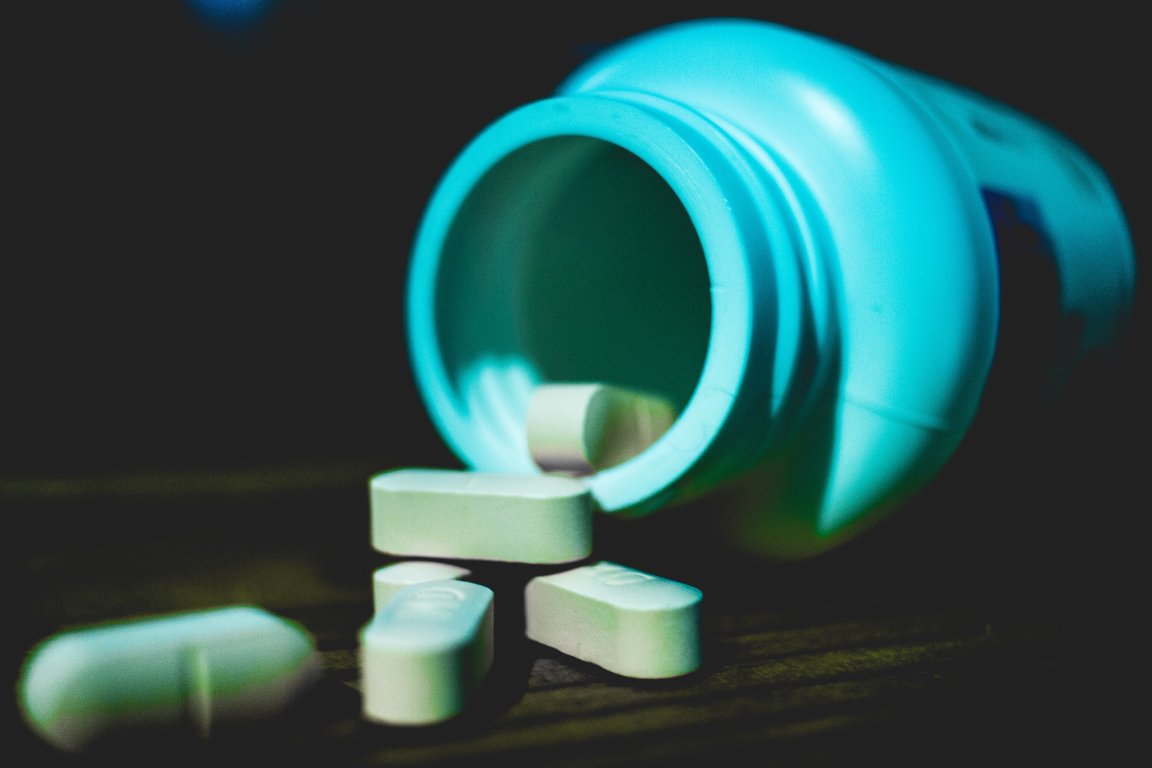
Resisting Treatment
A study led by Ella Daly of Janssen Research and Development has established that esketamine could be a fruitful option for people suffering from treatment-resistant depression. Esketamine is closely related to ketamine, a medication used as an anesthetic that’s also been adopted as a recreational drug.
A total of 60 participants diagnosed with major depressive disorder who had previously experienced an inadequate response to two or more antidepressants were administered esketamine for the study. The sample was split into three groups who were each given different dosages, and all three scored better on the Montgomery-Åsberg Depression Rating Scale than the placebo group.

Janssen is working on a single-use, disposable nasal spray to help ensure that esketamine administered as a treatment for depression isn’t abused in the same way as ketamine. The key here is that a minimal amount of the drug remains in the device container after it’s administered, so there’s a reduced risk of any surplus being misused.
Plan B
The Federal Drug Administration has assigned esketamine with a “Breakthrough Therapy” designation for two conditions; treatment-resistant depression, and major depressive disorder with an imminent risk of suicide. Daly notes that this recognition demonstrates its potential to help patients who are in dire need, which is why further research is so important.
“If approved by the FDA, esketamine would be one of the first new approaches to treat major depressive disorder available to patients in the last 50 years,” she explained in an email to Futurism. “We look forward to continuing to work closely with the FDA throughout the development and review process.”
Major depression is considered to be one of the most common mental health disorders in the United States. In 2015, the National Institute of Mental Health reported that 16.1 million adults in the country had at least one major depressive episode over the preceding twelve months – totaling 6.7 percent of all adults in the US.
While many people suffering from depression are able to find antidepressants that help, around a third of patients don’t respond to treatment. Esketamine could potentially provide an alternative to current methods, which could result in a massive improvement to their quality of life.
“The results of the study showed that treatment with intranasal esketamine produced a significant, rapid improvement of depressive symptoms in patients with treatment-resistant depression,” Daly wrote. “We look forward to seeing the results of our Phase III clinical trials.”
Janssen is currently in the process of carrying out these clinical trials, and expects to file with the FDA by the end of 2018. There’s still a long way to go before this treatment might be available to the public, but these are all crucial steps to ensure that esketamine can be used safely for these purposes.